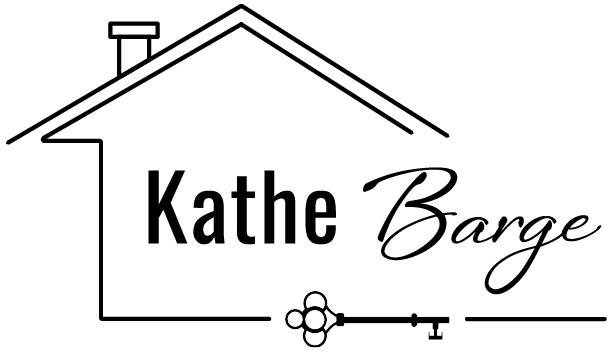Dear Kathe,
We would like to sell our home “as is”and avoid the hassle of repair negotiations. How do we do that?
“As Is.” The statement comes up more often than you might imagine. Negotiations commence on a home and frequently, sellers are not able to achieve their hoped for sales price. With a sales price lower than imagined, sellers often assert “well then they are buying it AS IS.” Quite a bold statement – is that really possible?
Put on the buyer’s hat for a moment. When buyers agree on a price to buy a home, they are assuming that all is in good order unless it is something obvious to them when they saw the home or it was on the Disclosure. If an inspection discloses major problems, how can the home possibly be worth what they had offered? For example, if the inspection shows the furnace needs to be replaced, how could the home possibly be worth what it was worth when it was believed that the home had a working furnace? Quite simply, it’s not. Suggesting that a buyer will need to take the home “as is” implies that the seller is hiding something – that there are problems that could drive the price down further when discovered.
So what’s a seller to do if he doesn’t want to get stuck footing major inspection repair bills? The two best options are the seller disclosure and a pre-inspection. It is wise to disclose absolutely everything that could possibly come up – your agent should be able to review the disclosure in detail with you and make certain that you aren’t forgetting things that could come up on an inspection. A pre-inspection is also critical for any seller who is inclined toward trying to sell “as is.” A buyer needs a fair opportunity to determine what the “as is” condition is and a pre-inspection is a critical piece of that puzzle. All conditions disclosed on the disclosure or in the pre-inspection can be excluded from the buyer’s inspection, dramatically decreasing the chance that there will be any surprises on the buyer’s inspection that the seller will be asked to pay for and significantly increasing the seller’s likelihood of achieving the illusive “as is” sale.
